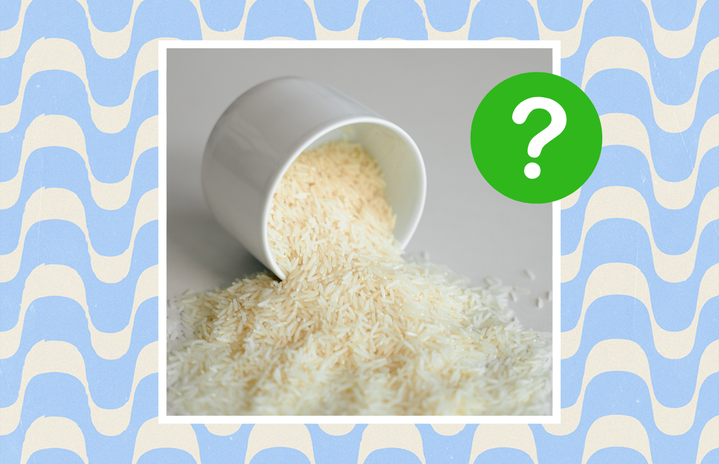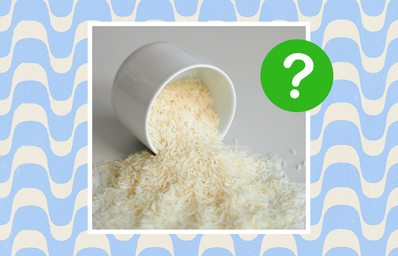If you’re a member of Gen Z, you’ve probably taken the Rice Purity Test before — and, if you’re on TikTok, you’re also probably aware that it’s growing in popularity again. The 100-question quiz, developed in the ‘80s by students at Rice University in Texas (hence the name), asks prompts about topics surrounding sex, drugs, and criminal acts for students to discover how “innocent” they are. The result is a single number out of 100, with higher numbers deemed more “pure” and lower numbers less so.
The initial intent for the Rice Purity Test was for “students to track the maturation of their experiences throughout college” — and by the looks of it, college students today are using the test for that exact same reason. The past few weeks, more people have been talking about the test and posting their results on TikTok. Some are showcasing how their results have changed over time (several posts on my FYP show someone’s score dramatically dropping after getting into a relationship), and others are highlighting how their scores differ from their friends.
But why is a test from 40 years ago growing in popularity again? The concept of “purity” isn’t as prevalent nowadays, as we’ve moved past a time where people thought having more sexual experience made you impure (think about the decline of “saving yourself” until marriage, for example). So why is this test blowing up? Why do people care?
Sure, it’s fun to go back and recount some of the more unrestrained experiences in life. But there’s more to it than that — Gen Z’s obsession with the Rice Purity Test reflects multiple phenomena about our generation.
What is it about the Rice Purity Test?
First, no shocker here: Gen Z is much more open about sexuality than other generations. No wonder the Rice Purity Test’s popularity has increased — as young people get more comfortable talking about our sexual experiences, it’s interesting to see past actions laid out in such a concise, documented form. The Rice Purity Test is a way for people to understand the things they’ve done, and how much they’ve changed.
And let’s not forget how much Gen Z loves quizzes — over 90% of people who start BuzzFeed quizzes finish them, and the company’s audience is comprised of Gen Zers and millennials. And think about zodiac signs, Enneagrams, Myers-Briggs personality types, and love languages — the Rice Purity Test is just another way to categorize yourself.
Take the Rice Purity Test with a grain of salt.
Us Gen Z-ers love to share every bit of our lives on the Internet — and Rice Purity Test results are no exception. But I’m gonna play the “mom” card for just a second and tell you there are some dangers in sharing your Rice Purity Test results.
While it’s just for fun, broadcasting your score can make others feel bad about what they’re comfortable doing, or their perceived level of “innocence.” There can be harm in popularizing a checklist that, despite its warning that it is not, sort of looks like a bucket list.
Even though it may not feel like it, when you post something exclaiming that your score has dramatically decreased or that having a certain score isn’t normal, it may upset others — particularly those whose score remains high. It may pressure them to do things they don’t want to do, just to feel cool and part of the crowd. (Yup, I’m talking about peer pressure — it’s like high school all over again.) In general, a stranger’s score is something nobody needs to see on their FYP.
At the end of the day, the results of the Rice Purity Test are just numbers — and you’re so much more than that. The numerical results from the test have nothing to do with an actual level of innocence — so let’s not treat the test as the sole representation of how “mature” or “pure” your experiences are.
If you’re going to try the test, think of it as a little check-in with yourself and perhaps your close friends — people who know there’s no judgment involved. Like everything else on the Internet, don’t take it too seriously.


